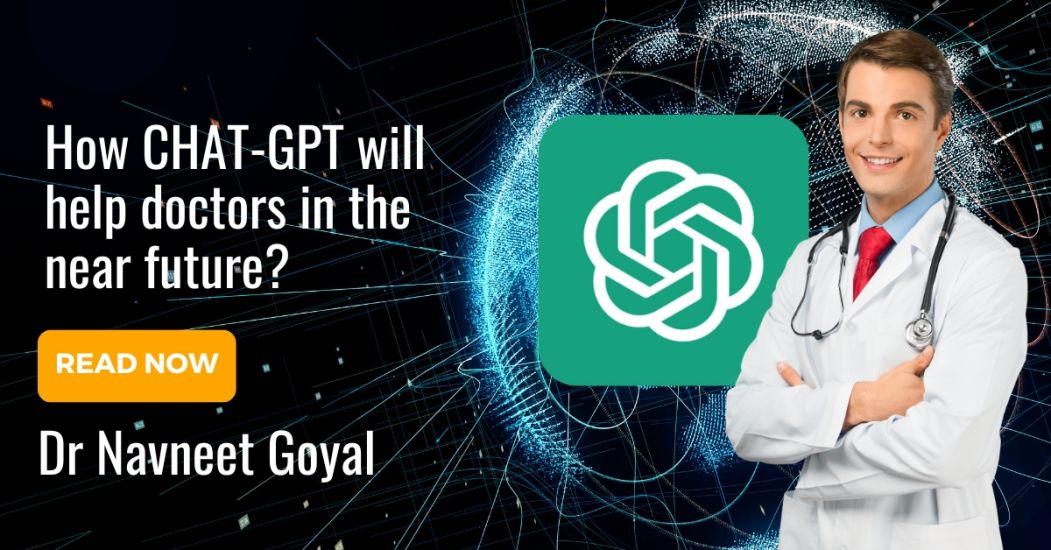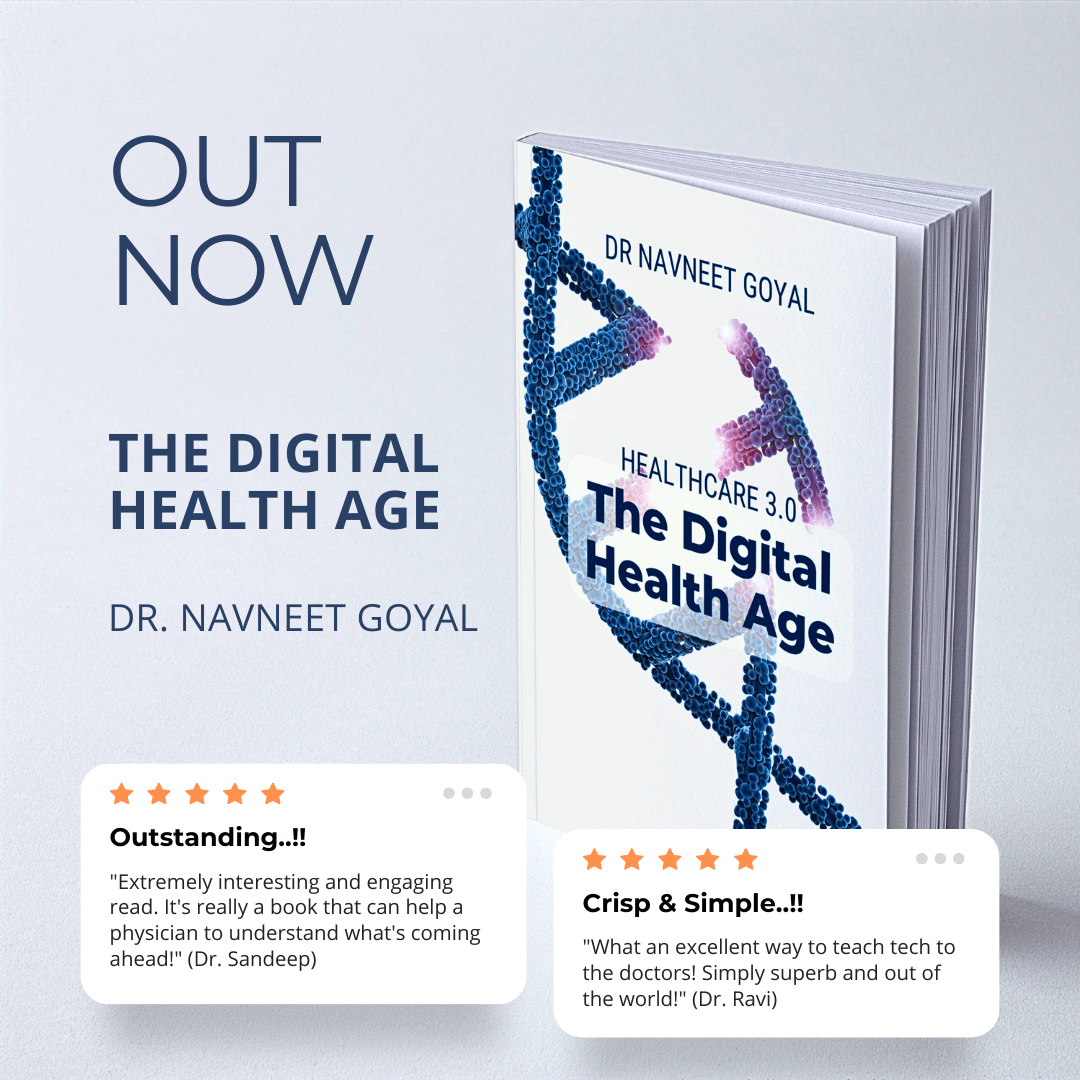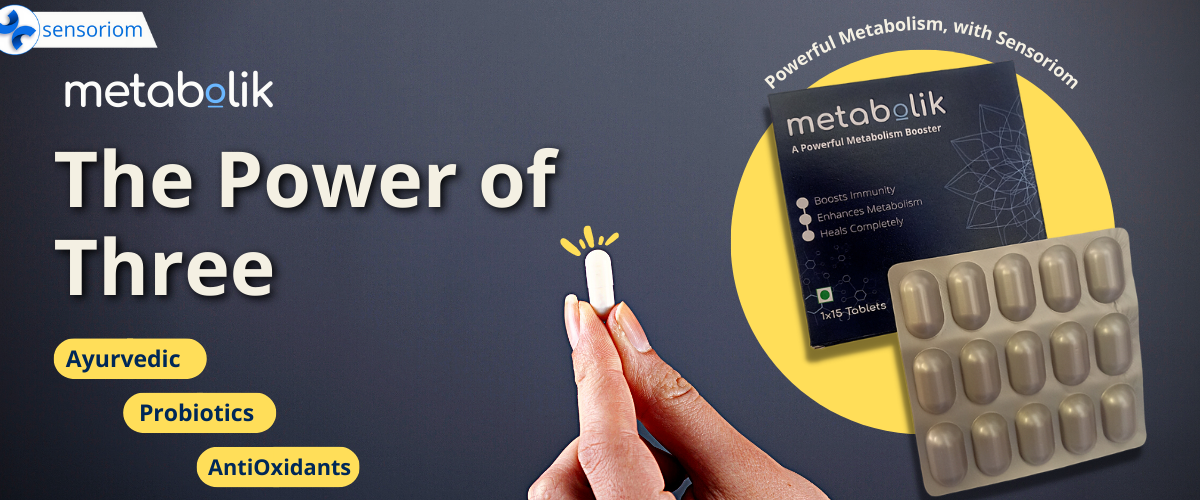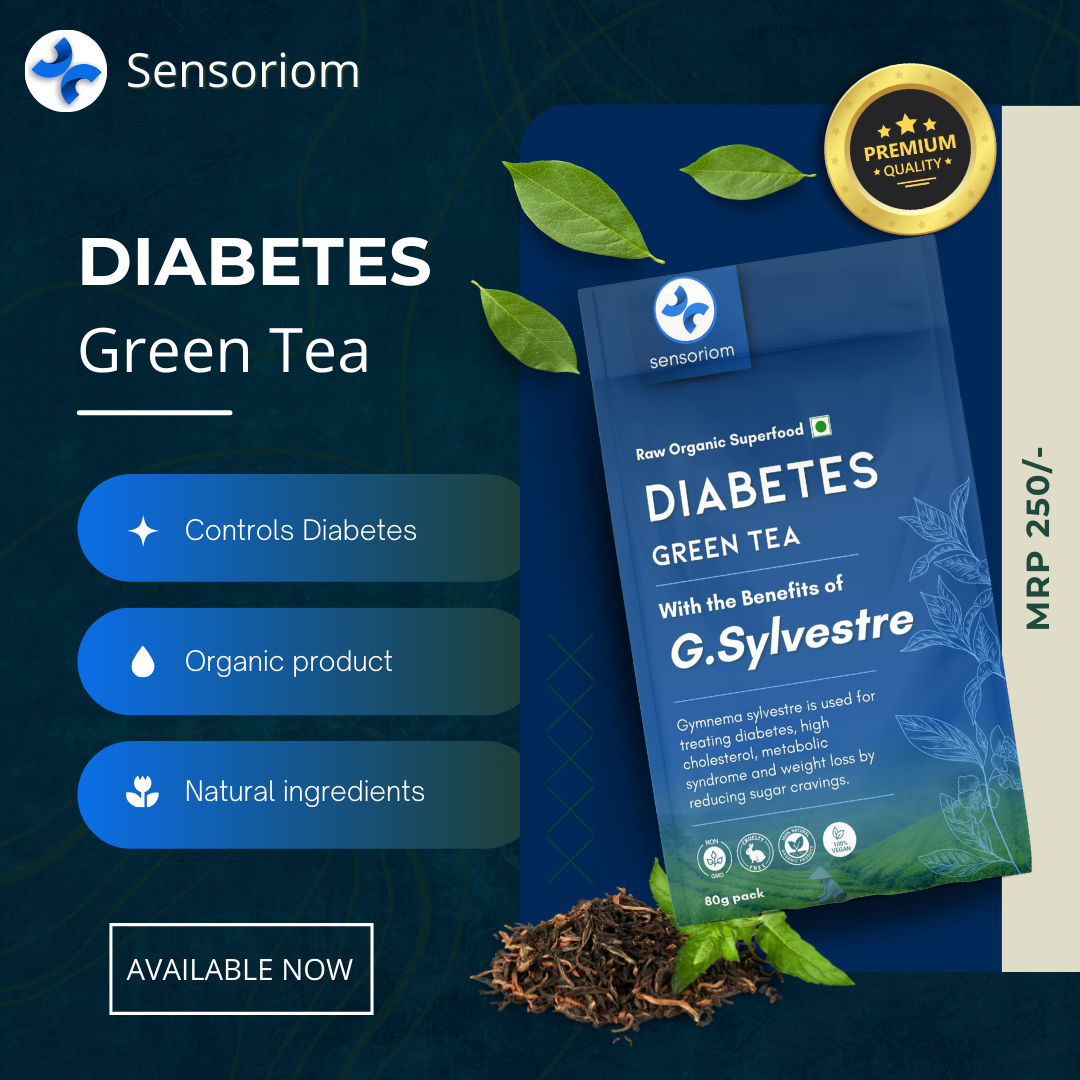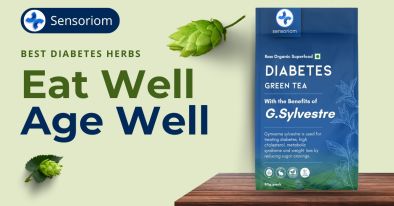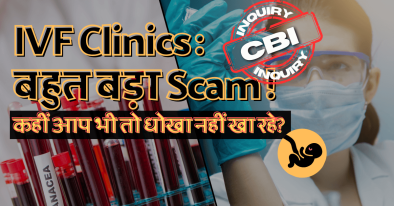10 Awesome ChatGPT Uses To Revolutionize Your Healthcare Practice
As a doctor, you probably always look for ways to improve the care you give your patients. With the rise of AI, there are now more ways than ever to use technology to improve healthcare. ChatGPT is an AI tool that can be very helpful.
This new AI tool is changing the game in healthcare practice by doing things like automating routine tasks, giving personalised care, and making interactions between doctors and patients better. ChatGPT is a flexible language model that can be used in many ways to streamline workflows, manage clinic staff, and provide remote care. By using ChatGPT you can to take your healthcare practise to the next level. It can also help you improve healthcare marketing and make your patients satisfied.
ChatGPT has been trained on a huge amount of data and can answer a wide range of questions and statements in natural language.
In this blog post, we’ll look at some of the best ways to use ChatGPT in healthcare practice.
10 Practical Uses of ChatGPT in Healthcare
1. Increasing patient satisfaction
One important indicator in healthcare is patient satisfaction. Patients who are happy with their treatment are more likely to book more consultations and refer others to your practise. Using ChatGPT to answer frequent queries and offer information is one method to increase patient satisfaction.
- ChatGPT may be set up to respond to inquiries regarding clinic working hours, insurance coverage, and appointment availability. Patients are more likely to be happy with their experience when this information is made available immediately and readily.
- Sending patients automatic reminders about their forthcoming visits and follow-up treatment using ChatGPT.
- Giving patients a chatbot interface so they may quickly connect with their doctor or nurse.
- Providing patients with individualised advice on medication or lifestyle modifications based on their medical history and preferences.
- Sending post-visit questionnaires through ChatGPT to patients to get their opinions on the appointment and find out what needs to be improved.
2. Healthcare Marketing
The task of marketing your medical practise might be difficult. You want to successfully explain your value offer to potential patients. ChatGPT can be a useful tool in this regard by giving prompt responses to frequent inquiries prospective patients might have.
- You may programme ChatGPT to respond to inquiries about the services you provide, your areas of expertise, and your location. Potential patients are more inclined to interact with your practise if you present this information in a conversational and natural way.
- Utilizing ChatGPT to develop individualised marketing efforts that are focused on a certain patient demography or set of health issues.
- Offering ChatGPT virtual consultations to draw in new patients who might be reluctant to come in person.
- By using ChatGPT, you may tell patients about your practise and provide them with educational materials.
3. Enhancing Doctor-Patient Relationship
In healthcare, communication is essential. By streamlining the process through which patients can pose queries to their doctors and receive prompt feedback, ChatGPT can improve communication between the two parties.
- Patients may receive medication reminders, have their concerns about their illness or therapy answered, and receive individualised recommendations all through ChatGPT. Patients are more likely to feel interested and engaged in their care when they are able to have these kind of conversations, and ChatGPT makes this possible.
- ChatGPT is being used to set up online discussions and meetings.
- ChatGPT allows patients to quickly contact their healthcare physician outside of regular office hours.
- Using patient-specific data, ChatGPT can propose and advise on a course of therapy.
- ChatGPT is a tool for collecting patient input and incorporating that information into the doctor-patient contact.
4. Easing Clinic’s Operational Tasks
It takes a lot of effort to run a successful medical clinic. In order to keep things operating smoothly, a number of operational duties need to be coordinated. ChatGPT can be used to reduce stress by automating some procedures.
- Appointments can be made, patients may be reminded, and calls can be answered, all with the help of ChatGPT. The time saved by automating these procedures can be better spent on patient care or office management.
- ChatGPT’s automated appointment scheduling and modification.
- ChatGPT can be used to ease patient anxiety and administrative stress.
- ChatGPT allows patients to change their contact information and medical history without having to fill out paper forms.
5. Managing Daily Clinic Activities
It might be difficult to keep track of all the moving parts at a clinic. In order to keep things going properly, a number of different responsibilities need to be coordinated. The real-time information and updates provided by ChatGPT can be utilised to facilitate the management of such activities.
- ChatGPT may be used to update patients and staff about clinic hours, patient loads, and other activities.
- Your team will be able to make better judgements and keep things operating smoothly if they have access to this data in real time.
- Using ChatGPT to manage staff schedules and improve communication between team members
- ChatGPT automates routine administrative processes like insurance verification and appointment confirmations.
- ChatGPT helps personnel stay informed about patients and their treatment options, which boosts productivity and cuts down on mistakes.
6. Automation of work
The healthcare industry is starting to see the benefits of automation. Many jobs may be automated to boost productivity and cut expenses. Several of these procedures may be automated with the help of ChatGPT.
- Appointment scheduling, medication reordering, and even triage are just some of the tasks that may be automated using ChatGPT. By having these processes automated, your employees will have more time for patient care and other administrative duties.
- Using ChatGPT, you can automate a variety of mundane office chores, including data input, appointment scheduling, and insurance verification.
- ChatGPT allows patients to submit information and fill out forms without having to submit paper versions.
- ChatGPT automates patient follow-up and appointment reminders, helping to decrease missed appointments and increase patient participation.
7. Providing Personalized Care to the Patients
In the medical field, personalised treatment is gaining prominence. Patients value the perception that their care is individualized to their own requirements and preferences. ChatGPT may be used to give individualised treatment plans by learning about the individual and then making suggestions based on that data.
- ChatGPT may be used to enquire about a person’s health background, routines, and inclinations. The collected data may then be utilised to offer tailored medical guidance. Patients are more likely to stick to their treatment plan and report positive outcomes when they get care that is tailored to their unique needs.
- Collecting data from patients using ChatGPT and using it to make individual treatment plans.
- ChatGPT is used to give patients individualised health advice based on their medical history and preferences.
- ChatGPT facilitates two-way communication between patients and healthcare providers, allowing for more individualised care.
8. Remote Care
In wake of the recent COVID-19 outbreak, remote care is gaining prominence. By connecting patients with their healthcare professionals from the convenience of their own homes, ChatGPT may be utilised to facilitate remote care.
- Virtual appointments, symptom queries, and remote monitoring are all possible with ChatGPT. ChatGPT makes it possible for people to get the medical attention they need without leaving their homes.
- ChatGPT provides a platform for remote medical consultations and appointments.
- Symptom and progress monitoring using ChatGPT for distant patients.
- ChatGPT enables patients to receive advice on how to address their condition from the convenience of their own homes.
9. Patient Education
The process of educating patients is vital to the success of any healthcare system. Patients who are well-informed about their medical condition and available treatment alternatives are more likely to actively participate in their therapy and achieve the desired outcomes. Patient education may be delivered in a format that is simple to access and comprehend with the help of ChatGPT.
- Questions concerning illnesses, available therapies, and potential adverse effects may all be fielded with the help of ChatGPT. Patients are more likely to interact with and learn from this content if it is presented in a casual, conversational tone.
- ChatGPT provides patients with access to healthcare professionals and information about their diagnoses and treatment choices.
- ChatGPT is used to deliver information and answer queries in a friendly, conversational fashion for patients.
- Using a patient’s medical history and preferences as a starting point, ChatGPT can deliver individualised education and resources.
10. Research & Development
The benefits of ChatGPT extend beyond the realm of the individual patient. As a tool for analysing massive volumes of healthcare data and discovering patterns, it may be utilised to bolster R&D efforts.
- Data from EHRs, med-lit, and other healthcare sources may all be analysed with the help of ChatGPT. Research and development can be guided by the findings of these patterns and trends.
- ChatGPT is used to analyse data from EHRs and other healthcare databases to spot patterns and trends.
- Research and development can be improved by using ChatGPT to collect patient input and data on treatment outcomes.
- Helping researchers with their development initiatives by giving them access to healthcare data and patient information using ChatGPT.
Conclusion: Using ChatGPT in Healthcare
To enhance the delivery of healthcare in a variety of settings, one may put ChatGPT’s tremendous capabilities to work in a number of different ways. ChatGPT can assist you in achieving your goals of increasing patient happiness, facilitating contact between doctors and patients, automating specific duties, or providing tailored care. You will be able to give superior treatment to your patients and enhance the overall quality of their healthcare experience if you make use of the potential of AI.
